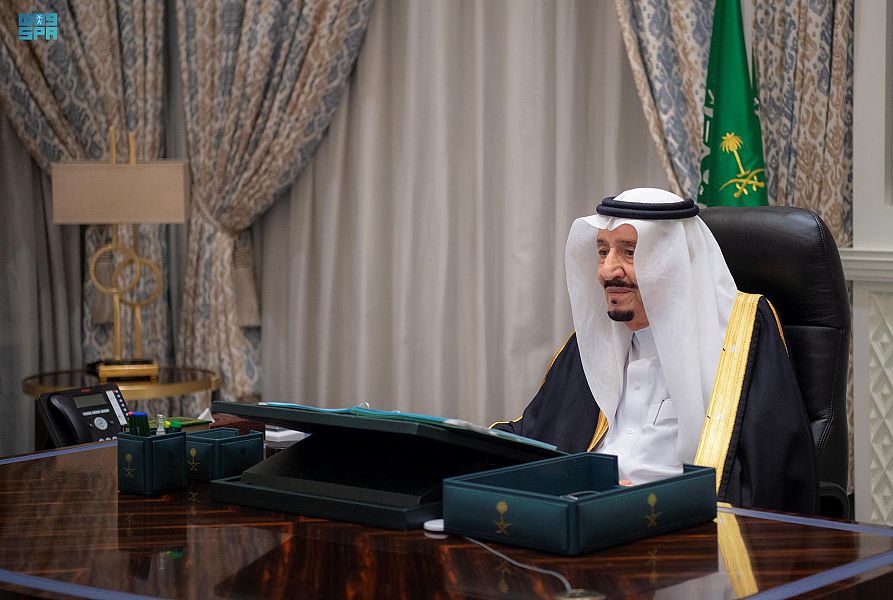
On November 11, 2021, King Salman Bin Abdulaziz issued a decree granting Saudi citizenship to individuals considered to be qualified people living in Saudi Arabia and enjoying all "due conditions. The legal amendment defined such sectors as medicine, industry, energy, agriculture, geology, aviation, artificial intelligence and the Internet which are required to attract their qualifications to obtain Saudi citizenship, as these fields will add more qualifications to the country.
These decisions come at a time when thousands of people who are without any other nationality continue to be denied their right to have a citizenship in light of the lack of laws and standards. Despite the promotion of amendments to the citizenship system in Saudi Arabia, the children of Saudi women are still deprived of their right to nationality, except on specific conditions. According to article 7 of the Constitution, "One is considered Saudi, when born inside or outside the Kingdom of Saudi Arabia to a Saudi father or a Saudi mother and a father of unknown nationality or stateless."
In addition to the Saudi women children, many Saudi residents suffer from being denied the right to citizenship and they are called bedoun. There is no official data on their numbers in Saudi Arabia, due to the absence of civil society and human rights organizations, as well as the lack of transparency in official handling of the file, but it is estimated to be a quarter of a million people. Most Bedoon belong to displaced tribes whose inhabitants were nomads who travel through the country and have not been naturalized for various reasons. This applies also to thousands of individuals born in Saudi Arabia from immigrant families who have no other nationality.
Article 15 of the Universal Declaration of Human Rights states that everyone has the right to a nationality. Despite this, Saudi Arabia denies hundreds of thousands of this right. This results in their being deprived of other rights, including the right to own property, work, mobility, learning, medicine and marriage. Recently, other problems have arisen for this group, as lack of an identity number or passport prevents them from accessing basic services. In February 2021, the Saudi government launched an application called "Tawakkalna" and make it compulsory in Riyadh to enter government facilities and visit public places. However, individuals without an ID can't register with it, denying stateless persons the right to move. The same is true for Absher application, a portal established by the Saudi Ministry of Interior as one of the goals of Vision 2030 to digitize government services, which facilitates procedures for citizens and residents rather than reviewing government departments. The services include Ministry of Interior transactions, passports, and others.
The Saudi government has repeatedly said it is working to end this tragedy and has made many promises. In 2012, the Undersecretary of the Ministry of the Interior for Civil Status, Major General Abdul Rahman bin Abdul Aziz Al-Fida, said that the naturalization system " Bedoun " was about to be enacted. A decade later, these promises have not been translated on the ground, and suffering continues.
In November 2018, Crown Prince Mohamed Bin Salman confirmed his interest in studying the Bedoun file and said that it would be resolved soon after completing the studies.
In addition, the Saudi government has taken multiple measures over the years, but has been falling short of resolving this issue roots. Among this, in February 2020, the Saudi government said it had taken steps to document the marriage, divorce, and death of unidentified individuals with cards given to a number of them. These steps did not solve the problem radically and were palliative because of the huge popular campaigns launched.
The European Saudi Organization for Human Rights stresses that the distribution of citizenship in the light of depriving thousands is a violation of fundamental human rights. The organization considers that temporary solutions and procedures that do not contribute to solving the problem from its roots are essentially a propaganda and not reforms that can be relied on.
